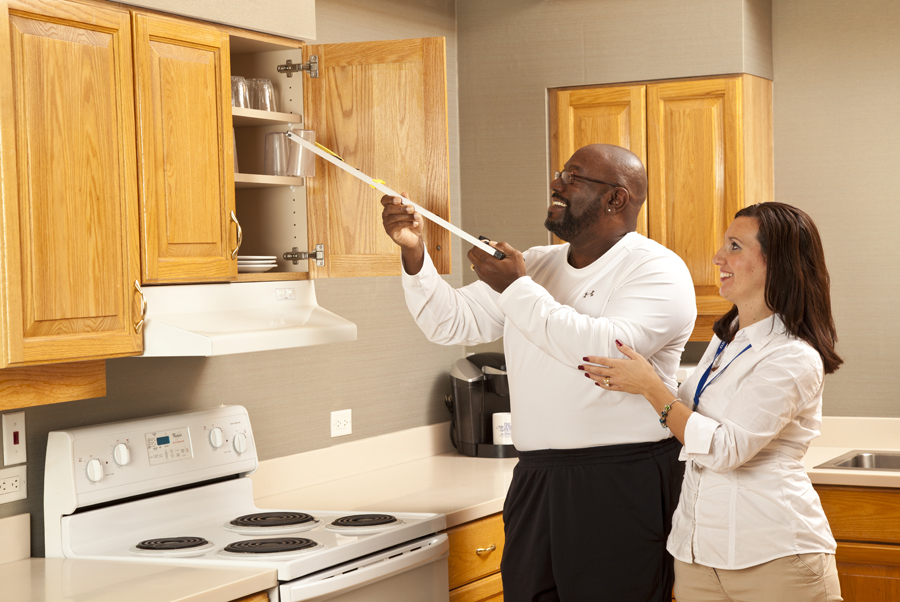The Essential Impact of Strength Training on Enhancing Recovery and Effectiveness in Sports Rehabilitation
Wiki Article
Resistance conditioning plays a crucial role in sports rehabilitation, assisting athletes heal from injuries and enhance their overall performance. When an athlete gets hurt, their body needs time to heal. However, during this recovery phase, it is essential to preserve power and flexibility to avoid further injuries. Strength conditioning can be tailored to fit the requirements of each athlete, concentrating on particular muscle areas that may have been affected by the injury. This targeted approach not only aids in recovery but also prepares the individual to come back to their sport more robust than before.

One of the primary benefits of resistance training in rehabilitation is its ability to improve muscle power and endurance. When muscular tissues are stronger, they can more effectively stabilize articulations and reduce the risk of recurrence of injury. For example, an individual recovering from a leg trauma can benefit from workouts that strengthen the thigh muscles and back thigh muscles. These muscular tissues play a vital part in stabilizing the leg joint. By incorporating strength conditioning into their recovery program, athletes can recover their strength more efficiently and safely.
In addition to building power, strength conditioning also enhances mobility and range of movement. Many injuries can lead to rigidity in the affected area, making it difficult for individuals to move freely. Resistance conditioning exercises often include stretching and elongating the muscular tissues, which can help reestablish flexibility. For example, incorporating resistance straps or weights into flexibility programs can improve the effectiveness of these workouts. As flexibility enhances, athletes can perform actions more efficiently, which is crucial for peak capabilities in their activity.
Another important aspect of strength training in athletic recovery is its beneficial effect on mental health. Recovering from an trauma can be a difficult and frustrating process for individuals. Engaging in strength training can offer a feeling of achievement and boost confidence. As athletes see gains in their power and abilities, they may feel more motivated to continue their rehabilitation process. This mental boost can be just as crucial as the bodily advantages, as a positive mindset can result to improved outcomes in recovery.
Finally, resistance conditioning can help athletes move back to their sport more smoothly. Once they have recovered their strength and mobility, individuals must to practice sport-specific actions to guarantee they are prepared for competition. Strength conditioning can be combined with activity-specific exercises to create a holistic look what i found recovery program. This combination allows individuals to not only recover but also enhance their capabilities. By concentrating on both recovery and performance, resistance training becomes an essential instrument in the recovery journey, assisting individuals come back to their sport more robust and more durable.